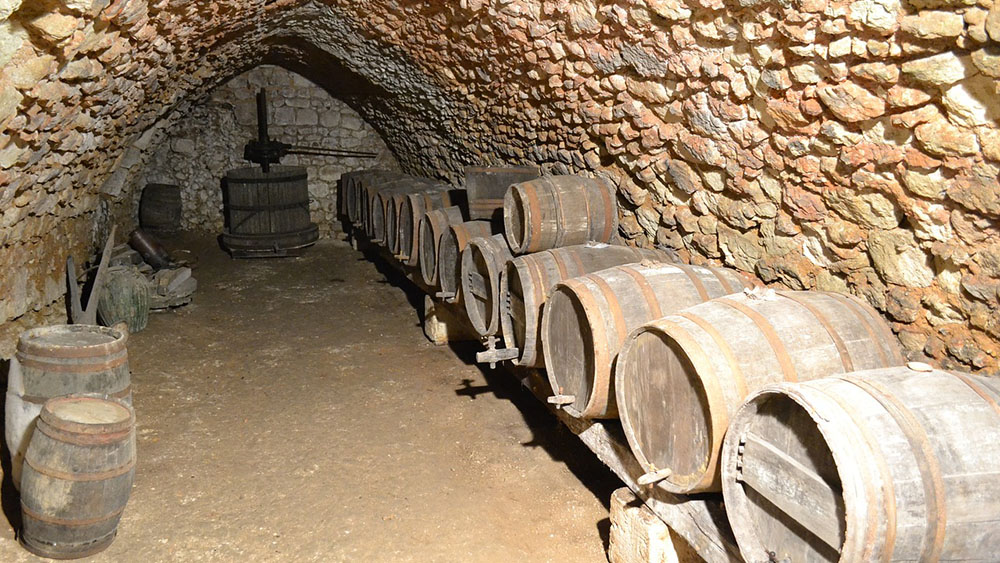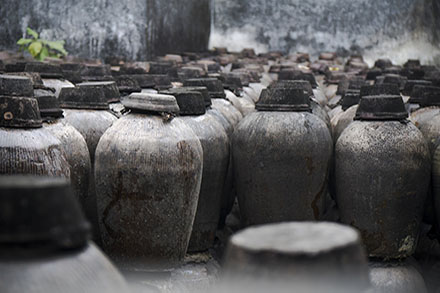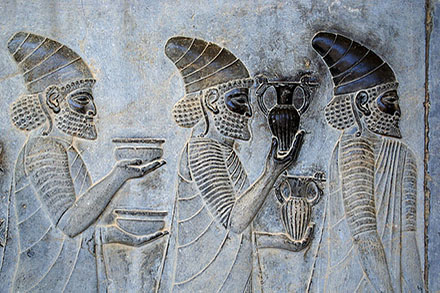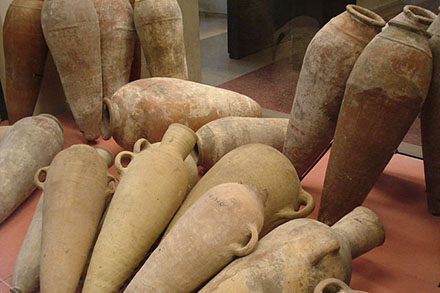The History of Wine
There have been many arguments as to how wine came to be and who made it first. In recent years, people seem to have reached a consensus that though we may never know who was lucky enough to craft this fantastic drink, we have all come to love it. For that reason, we thank them. That said, let’s get into the history of wine and developments made over the centuries. Grab a glass of wine as we dig deep into history.

Archaeological Evidence
There is evidence that grape wine was in existence in the early times, thanks to studies dating back to 7000 BC in China. Georgia, Iran, Greece, Sicily, and Armenia are other regions which have evidence of grape wine dating all the way from 6000 all the way to 4100 BC. For this reason, it suffices to say that wine has been in existence for centuries on end.

Wine brings about an altered consciousness which links to religious beliefs. As such, Ancient Romans, Jews, Greeks, and other groups have consumed wine in the past as well in the present while carrying out religious duties. Once people got a taste of what wine had to offer, it was not long before its use started spreading across the globe, more so as from the fifteenth century owing to the European Expansion. At present, wine production takes place in regions across the world, due to the popularity of this drink. And you dear winelovers are in for a treat as more and more wines get created by the day.
Wine-Making History
The interesting thing about when wine drinks came about is that there are no written records of the same. For that reason, studies have had to rely on the little knowledge that they can gather about that era. Even modern archaeology lacks what it takes to uncover this century-long secret that has kept people buzzed for millenniums. Nobody knows for sure when the first cultivation of wine grapes took place, but the belief is that the vines grew in the wild. The story goes that it all began when early humans scaled trees to pick berries which they found to be sweet. They then started collecting the fruits and soon enough, fermentation began. Collection of the juice resulted in a wine with low alcohol content.
Later on, the human populace began living a sedentary lifestyle, and this enabled them to not only practice agriculture, but it also allowed them to domesticate grape vines. Now, it is important to note that all these beliefs stem from evidence found much later after all these events took place. So be sure to take all this information in its stride. The reality begins to take shape once archaeological evidence comes into the picture as of 7000BC in China. What took place in Iranian jars back in 5000 BC soon found its way to the Greater Iran and Greek Macedonia. In Greece, archaeologists were able to find remains of crushed grapes. We can only hope that one day they will uncover the truth as to how wine came to be. Until then, we can feed on these kernels as we sip on our wines.

Historical Wineries
The evidence got much better with time, thanks to the discovery of an old winery that existed in 4100 BC in Armenia. Here, archaeologists came across cups, a wine press, jars, fermentation vats and other materials that were in use at the time. Additionally, they also found remains of seeds and vines of the V. Vinifera variety. Once archaeologists came across this evidence of wine-making, they realized that the art might have dated way back than earlier presumed, but they couldn’t quite figure out when.
Ancient Wine-Growing
Egypt

Egyptians used wine in their ceremonies and for this reason, they had a thriving wine-making industry along the Nile Delta. They had acquired the art of grape cultivation from their trades with Canaan as well as other regions. They revered the art and given the association of wine’s colour to that of blood; there were many superstitions about wine-drinking. There is a lot of documentation on the practice withwall paintings on their walls, and there is proof that ancient Egyptians buried their dead with some wine in tow.
Phoenicia
Phoenicians had great knowledge when it came to winemaking, and they specialized in the distribution of these drinks as well as grapes in the east.
Greece
The exciting thing is that most wine cultures we see today are as a result of milestones by the ancient Greek. Most of the grapes in modern Greece relate to what was present in the old days, with some variations here and there.
Conclusion
Through the advancements made by these and other nations in both the ancient and medieval times, current wine-makers have been able to borrow from what worked in the past to create the fantastic beverages that we enjoy to-date. Here is to uncover more truths as to the origin of wine!